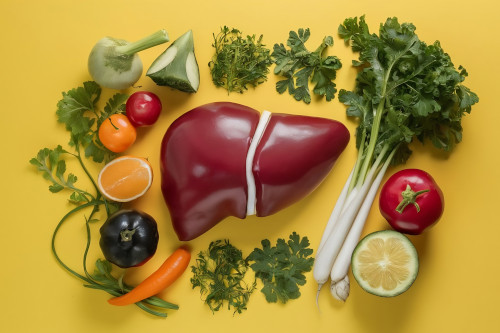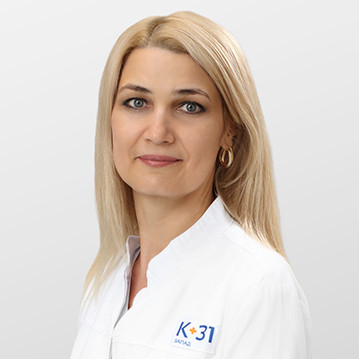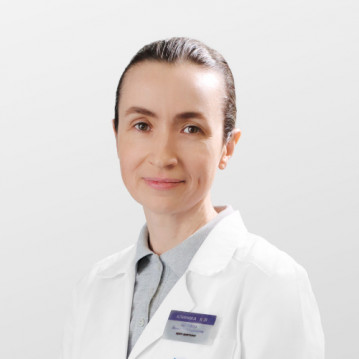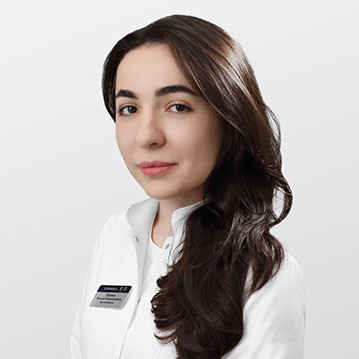Nutrition Programs
Therapeutic diet allows you to restore the liver and prevent the development of such serious complications as cirrhosis and encephalopathy. Its observance is especially important for various diseases of the liver and gallbladder.

specialists

equipment

treatment
Services
Advisory reception
Ultrasound of the hepatobiliary systemTreatment of diseases
Liver disease during pregnancy
Orphan (rare) liver disease
Drug damage to the liver
Benign hyperbilirubinemia
Proper nutrition as the basis for recovery in liver diseases
Foods for liver restoration should be included in the daily menu only after consultation with a hepatologist and gastroenterologist. This is due to the fact that organ pathologies often coexist with diseases of the stomach, pancreas and gallbladder.
A diet for liver disease not only helps reduce the load on the affected organ, but also promotes its restoration.

The most important thing is to try to adhere to the following recommendations:
- Diet. It is recommended to eat small portions, but often, preferably at least 5 times a day. This will help prevent overeating and relieve additional stress on the liver. The optimal weight of one portion is about 200 g.
- Temperature conditions of dishes. The optimal temperature of products intended for consumption should be 15-50 degrees
- Cooking techniques. When you have liver disease, your diet should exclude fried, smoked, and canned foods. The best cooking methods are boiling, steaming, or stewing.
- Food structure. To reduce the load on the digestive system, products must be ground to a uniform consistency
Prohibited foods for liver problems

A diet for a sick liver prohibits the consumption of rich bread, pastries with creams and puff pastry products. Also, the following should be excluded from the diet:
- Broths based on high-calorie meat or fish
- Fatty meat products
- Cream, whole milk, high-fat cottage cheese
- Radishes, white cabbage, horseradish
- Chocolate, ice cream, sour fruits and berries
- Carbonated drinks, coffee and strong tea
- Hot spices (mustard, pepper, horseradish, as well as various ketchups and sauces)
You should also abstain from alcohol: even in small quantities, alcohol harms the liver.
Make an appointment
To make an appointment for a consultation at our medical center, use the application form on the official website of the clinic. You must indicate your full name and contact phone number.
If you have any questions, please contact us by phone. Our administrative staff is ready to provide you with all the necessary support and provide additional information.

Our doctors

This award is given to clinics with the highest ratings according to user ratings, a large number of requests from this site, and in the absence of critical violations.

This award is given to clinics with the highest ratings according to user ratings. It means that the place is known, loved, and definitely worth visiting.

The ProDoctors portal collected 500 thousand reviews, compiled a rating of doctors based on them and awarded the best. We are proud that our doctors are among those awarded.
Make an appointment at a convenient time on the nearest date
Price
































Key principles of proper nutrition for liver health
What is good for the liver in terms of nutrition? According to the classification of M.I. Pevzner, one of the best diets is table No. 5. Such nutrition allows you to maintain the basic functions of this organ and the biliary system.
In particular, a diet for the liver allows you to:
What foods restore the liver and keep it healthy? An important place in the diet is occupied by food rich in antioxidants, vitamins and minerals. Such products include olive oil, nuts, green vegetables and fish.